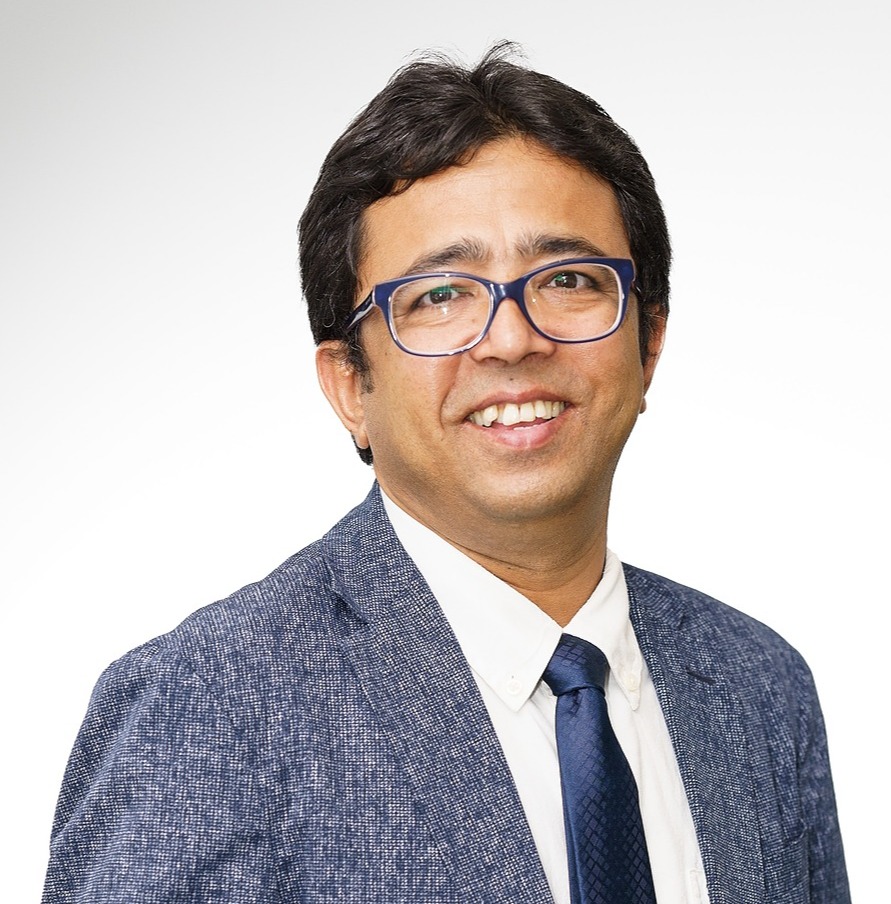Provocations Public Lecture
Event description
Keeping Plants and Humans Healthy: On-site Molecular Testing Methods and Devices for Healthcare and Agriculture
Date: Wednesday, 26 June
Time: 5.30 pm for a 6 pm start. The public lecture will be between 6 pm and 7 pm. Light refreshments will be available at the venue.
Venue: Charles Sturt University, Building 1008, Rm 206, Orange Campus
This lecture is free to attend. It will also be live-streamed. To access this option, you can choose the live-stream ticket when registering for the event.
Abstract
The availability of simple, fast, and affordable molecular testing methods and devices for detecting and treating diseases early on-site has the potential to change the way we approach healthcare and agriculture. This shift would move us towards a more personalized, predictive, and preventive model, focusing on early detection and effective management of diseases. On-site or point-of-care (POC) testing, especially in remote areas like rural communities, ports, farms, and fields, would be extremely valuable.
Currently, diagnostic methods for healthcare and agriculture often require expensive materials, time-consuming procedures, and well-equipped centralised facilities, making them inaccessible in low-income countries and resource-poor settings. However, advancements in nanomaterials, nanofabrication technology, bioelectronics, and molecular testing methodologies have led to the development of more affordable on-site or POC molecular testing methods and devices.
In recent years, our team has used these advancements to create several molecular testing methods and devices for detecting various cancer biomarkers, such as circulating tumor cells (CTCs), extracellular vesicles (exosomes), miRNA, mRNA, long non-coding RNA (lncRNA), cell-free DNA (cf-DNA), circulating tumour DNA (ct-DNA), agricultural biomarkers, including plant disease-causing pathogens and their corresponding nucleic acid sequences, and global water-related disease biomarkers like cryptosporidiosis and giardiasis. In this presentation, I shall discuss some of these developments and highlight the applications of new methods and devices in these areas.
Speaker

Professor Muhammad J. A. Shiddiky is a Distinguished Professor in Nanotechnology at Charles Sturt University and a Fellow of the Royal Society of Chemistry (RSC). He specializes in analytical chemistry, biosensor technology, nanotechnology, and microfluidic devices, focusing on developing biosensing methods and portable diagnostic devices for various biomedical, agricultural, and environmental uses.
Before joining Charles Sturt University, he worked as an Associate Professor and Senior Lecturer at Griffith University from 2015 to 2023. Prior to that, he completed Research Fellowships at UQ from 2010 to 2012 and Monash University from 2007 to 2010. He obtained his PhD from Pusan National University (Busan, South Korea) before joining Monash University in September 2007.
Currently, Professor Shiddiky leads a research team that utilizes advanced biosensing and nanotechnology tools, alongside proteomics, genomics, and microbiology knowledge, to develop fully integrated on-site/on-farm devices. These devices enable 'plug and play' analysis of disease biomarkers for biomedical, agricultural, and environmental applications. The team also specializes in electrochemistry, nanomaterial synthesis, and characterization, including superparamagnetic ferric oxide nanozymes, to create innovative biosensing devices and methods.
Professor Shiddiky's biosensing research has secured over $10 million in funding since 2011, including seven Australian Research Council (ARC) projects and two prestigious fellowships from ARC and The National Health and Medical Research Council (NHMRC). He has received numerous internal grants and awards, including the Griffith University VC Award in 2019. Additionally, he serves as a member of the ARC College of Experts (2023-2025).
He has published extensively in top international journals and actively pursues patent applications to translate his research into practical applications. He has a total career output of 190 publications, including 2 books, 8 chapters, 170 journal papers, 8 conference proceedings, and 2 patents. His 170 papers have received an average of 59 citations each, totaling 10000+ citations. His h-index is 58, with a 5-year h-index of 45 (Google Scholar, as of Jan 31, 2024). He has 27 papers with 100+ citations. Since 2019, he has attracted 7300+ citations (>73% of his total). Currently he serves on the Editorial Boards of seven journals, including Analytical Chemistry (American Chemical Society, ACS), Analyst (Royal Society of Chemistry, RSC), Analytical Sciences and Scientific Reports (Springer Nature).
According to Ioannidis et al.'s 2023 Stanford ranking, Professor Shiddiky ranks in the top 2% of all researchers worldwide and is 473rd in the subfield of Analytical Chemistry, demonstrating his significant contributions to the field.
Tickets for good, not greed Humanitix dedicates 100% of profits from booking fees to charity
